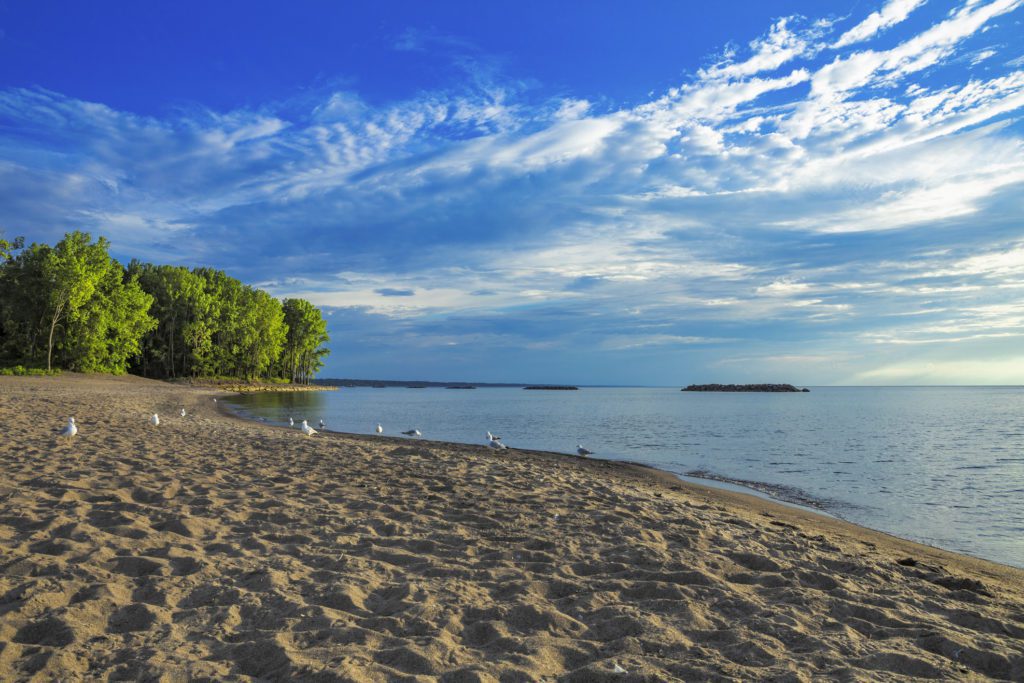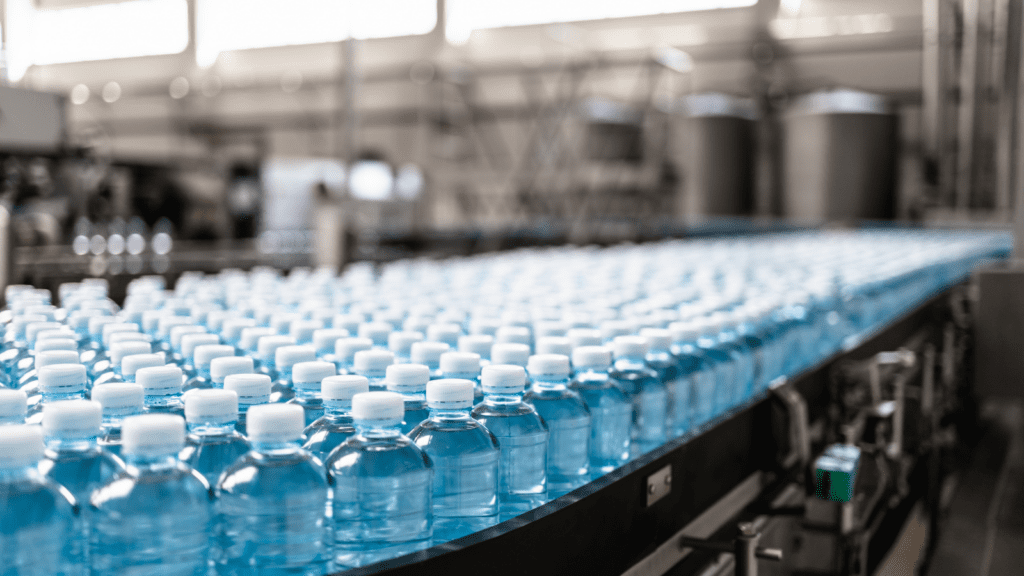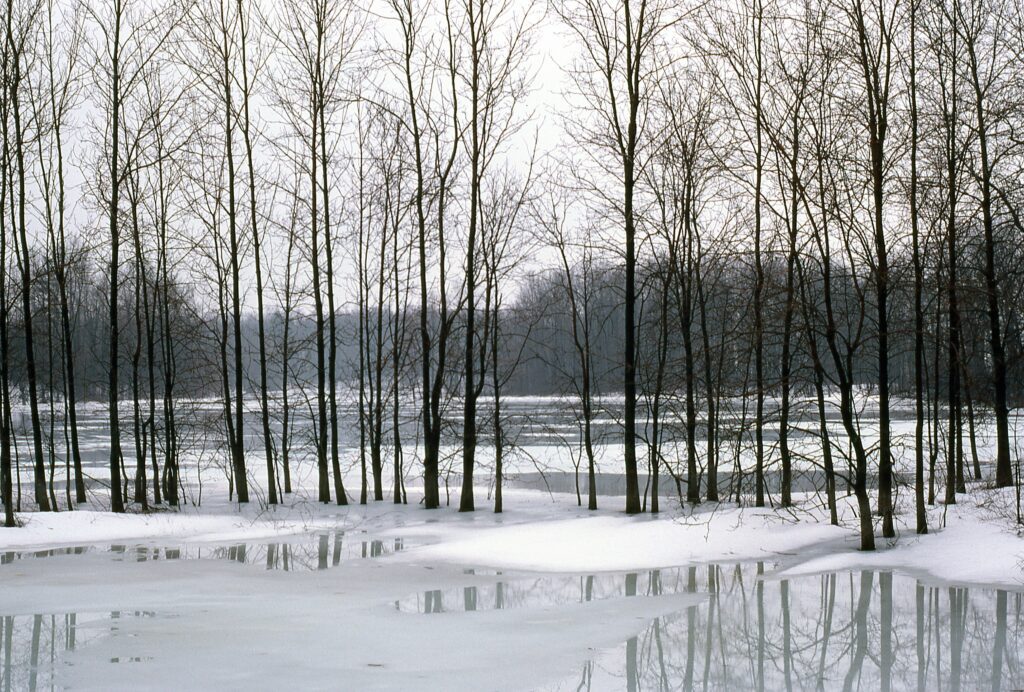Winter has officially arrived, and the cold weather seems to be here to stay. The Canadian winter sets in seemingly overnight, and the next thing we know we’re knee deep in snow, and the other inevitable winter white stuff , piles of road salt.
Salt is More Than a Stain on Your Shoe
We know the salt takes a toll; on your boots, your car, even your dog’s paws. But did you know that our lakes and rivers are dealing with an even bigger salt problem? Excess road salt flows directly to the lakes and rivers around us, eventually to the Great Lakes. Along the way, aquatic habitats are turning too salty for many species to survive. Road salt has become a major contaminant in our freshwater – and we need to take action now to protect them from even more damage this winter.
Millions of tonnes of road salt is applied to our highways, roads, sidewalks and parking lots throughout the winter. And while it’s pretty effective at melting ice and snow when temperatures are between 0 and -7/10 degrees Celsius, it’s often massively over applied. When we go overkill on our road salt application, we’re killing freshwater species at the same time. In some places, salt storage is also a problem, where piles of it are left outside and uncovered, allowing rain and snow to wash it in large quantities directly into our waterways.
Experts say that our road salt use can easily be significantly reduced, while still keeping parking lots and roads ice free.
Salt’s Impact Really Stings
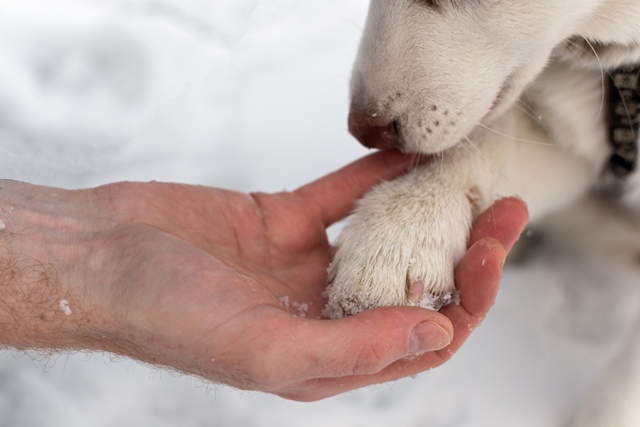
The problem is getting worse every winter. We’ve seen saltwater crabs surviving in the Mimico Creek, and drinking water supplies in Waterloo Region becoming at risk from salt seeping into the groundwater aquifers. Spikes in salt levels through the winter months are starting to stick around long after the snow is gone, leading to chronic issues. In some GTA creeks, water can get so contaminated with salt that it can reach ocean levels!
Freshwater species simply can’t survive all this salt. While we have some monitoring in GTA creeks and rivers, there are many waterbodies that have no monitoring for chlorides (salt) at all. Excess road salt could be impacting even more freshwater habitats across the province. For the conservation authorities who are monitoring salt levels – we know they are through the roof all winter long, and sometimes into the spring and summer.
It’s not just fish and crabs – the salt is starting to affect our drinking water too. In the Region of Waterloo, the groundwater aquifers holding precious drinking water are located directly under huge parking lots and paved spaces. The excess salt from winter maintenance on these areas seeps into the groundwater, and puts drinking water at risk.
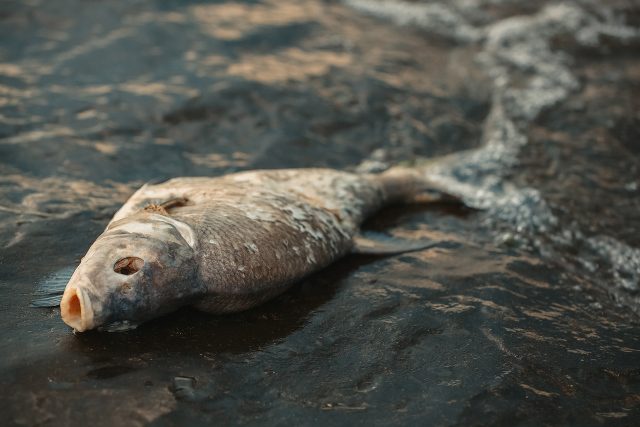
There’s A Lot We Can Do
This winter – we’ve had enough. Environmental Defence is launching a campaign to “Stop the Assault” on our lakes and rivers. We’ve teamed up with WWF Canada, and the Canadian Environmental Law Association (CELA), and sent a letter to the Ontario government, asking them to recognize chlorides (salt) as a provincial water quality objective. This would make chlorides, the chemicals from road salt, easier to track and monitor through the province.
Take action now, and let Ontario know you want to keep road salt out of our freshwater. There is good momentum to do something about road salt; the Ontario government recently released an Environment Plan where they acknowledge the damaging impact road salt is having. Join the movement, and sign our petition today to tackle excess road salting!
There are also some things you can do at home to make an impact:
● Use the right amount. You only need a pill bottle size amount of salt for every square metre of sidewalk or walkway. Thoroughly shovel first, and consider clearing a smaller walkway to reduce your impact.
● Colder than -10? Consider an alternative. When it’s really cold, salt isn’t effective. If the temperature is too cold for salt, look into alternatives like sand.
● Take Action: sign our petition, and add your name to the growing list of Ontarians who want to see our lakes and rivers protected from excess road salt.





